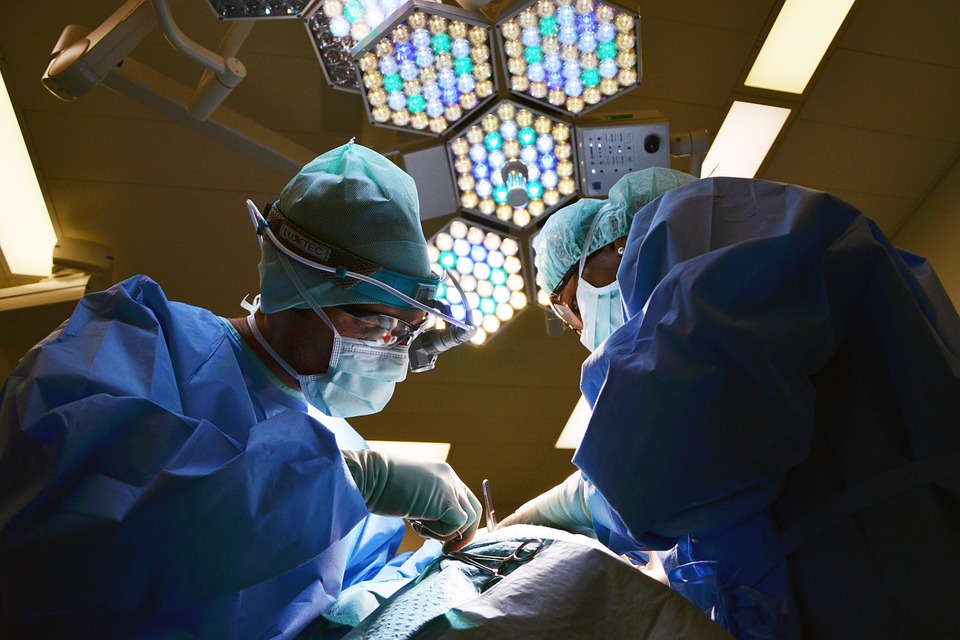Healthcare often involves collaboration between different specialists to enable comprehensive care. Among these specialists, general surgeons play a pivotal role in treating a variety of conditions and aiding recovery. Understanding their role and the treatments they provide helps patients better appreciate the value general surgeons add to the healing process.
What Is a General Surgeon?
A general surgeon is a medical professional specializing in the diagnosis, treatment, and management of conditions requiring surgical intervention. Their expertise spans multiple areas of the body, allowing them to perform a diverse range of procedures. They are frequently involved in both emergency care and scheduled surgical treatments.
These surgeons are trained to address conditions affecting the skin, gastrointestinal tract, endocrine system, and other bodily structures. This broad skill set enables them to offer tailored care for patients experiencing various health concerns. Consulting this professional helps determine what they can do for you.
What Conditions Do They Treat?
General surgeons manage a broad spectrum of conditions that affect patients across different age groups. Some of the most common conditions they treat include ulcers, which may develop in the gastrointestinal tract or on the skin’s surface. Trauma and injuries, ranging from minor wounds to significant physical damage, also fall under their expertise.
Additional conditions include brain injuries, pilonidal cysts, and persistent issues like chronic nausea. Complex surgical wounds often require their specialized care to address infections and promote proper healing. Their role may focus on both immediate treatment and long-term recovery strategies for these conditions.
What Treatments Do They Provide?
To address diverse conditions, these surgeons provide various treatment options tailored to each patient’s needs. Skin grafts are commonly used to repair areas with severe damage, such as burns or wounds with extensive tissue loss. Skin substitute grafts offer an alternative solution for covering damaged areas when traditional tissue grafts are not feasible.
Debridement, a procedure to remove dead or infected tissue, is available in both surgical and chemical forms. Surgical debridement is a precise technique where damaged tissue is removed by hand, while chemical debridement uses specialized solutions to dissolve unwanted tissue. Hyperbaric oxygen therapy is another beneficial treatment, helping improve wound healing and tissue recovery by delivering oxygen to specific areas under increased pressure.
How Does a General Surgeon Promote Healing?

A general surgeon’s role extends beyond performing procedures. They make sure that patients have a clear recovery plan in place. By identifying the right combination of treatments and interventions, surgeons help manage pain, reduce the risk of infection, and maximize the body’s natural healing process.
These surgeons may also work alongside other healthcare professionals to monitor a patient’s recovery progress and make necessary adjustments. This collaborative approach allows them to provide holistic care to achieve positive patient outcomes. Their guidance on wound care and follow-up treatments supports recovery and improves patients’ overall quality of life.
Seek Expert Care Today
General surgeons are integral in treating a wide range of medical conditions and helping patients on their path to recovery. Their expertise in surgical procedures and post-operative care makes them a helpful resource for those seeking effective and comprehensive healing. If you or a family member requires surgical intervention, consult a surgeon to explore treatment options and create a personalized recovery plan. Reach out to an expert today and take a step toward better health.


